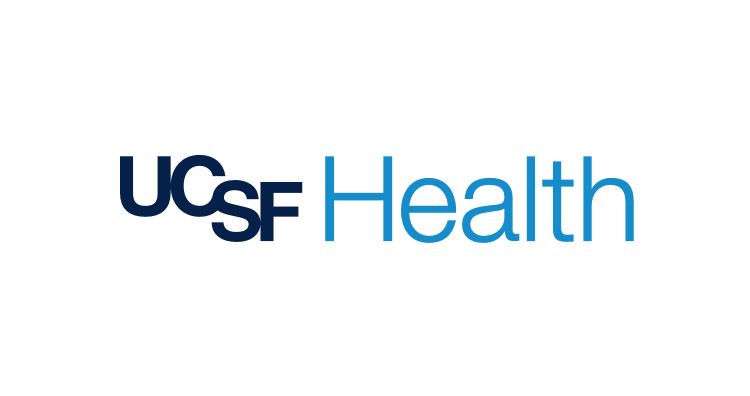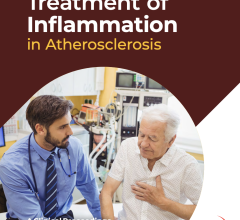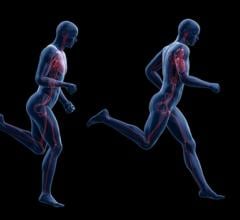
Aug. 8, 2024 — Radiation from X-rays is an occupational hazard for many medical specialists, including cardiologists, vascular and orthopedic surgeons, urologists, some radiologists and gastroenterologists. Especially during the first trimester of pregnancy, radiation exposure for these providers can pose a threat to the fetus.
To determine radiation risks to pregnant medical trainees, UCSF researchers conducted a study to determine how well radiation safety measures were enforced in hospital settings and whether trainees experienced higher levels of obstetrical complications compared to the general population.
In the study, published Aug. 7, 2024 in JAMA Cardiology, the researchers surveyed cardiologists across the country who were ever pregnant during cardiology fellowship training. Among the 60 pregnancies included in the study, they found higher rates of obstetrical complications among cardiology trainees than those reported among women in the general population: 15 percent experienced miscarriage, 8 percent low birth weight, 3 percent pre-term delivery, and 7 percent other complications like pre-eclampsia, eclampsia and emergent C-section.
“Thirty-three percent of pregnancies in our study involved obstetrical complications, which is higher than rates reported among age-matched women not in medicine,” said study first author Leila Haghighat, MD, a cardiologist, former UCSF cardiology fellow and UCSF volunteer assistant clinical professor of Medicine. “Our study adds to a growing body of research that suggests medical training itself is possibly associated with excess obstetrical risk.”
Researchers also found variability in the enforcement of radiation safety policies among hospitals. While most pregnant trainees reported they had well-fitted protective gear and could obtain personal and fetal dosimeters – small badges worn to track radiation exposure – they were unable to reliably access data from them to ensure their exposure was in safe amounts. Survey respondents also believed that better access to and advice from experienced female colleagues during their training could help them avoid unnecessary pregnancy risks.
Based on their findings, the researchers proposed several strategies for improving radiation safety, including monthly reports of individual and fetal radiation exposure, standardization of safety best practices and protective gear across training sites, and adoption of new radiation technology.
While the researchers surveyed cardiology trainees, other medical specialties such as vascular surgery, orthopedic surgery, interventional radiology, advanced gastroenterology, and urology also use X-rays and fluoroscopy to guide procedures.
“We hope to catalyze medical professionals with regular radiation exposure to develop strategies for enforcing radiation safety best practices,” said Haghighat. “To take good care of their patients, medical professionals need to be able to take good care of themselves, too."
The JAMA Cardiology article can be accessed here.


 February 04, 2026
February 04, 2026 









